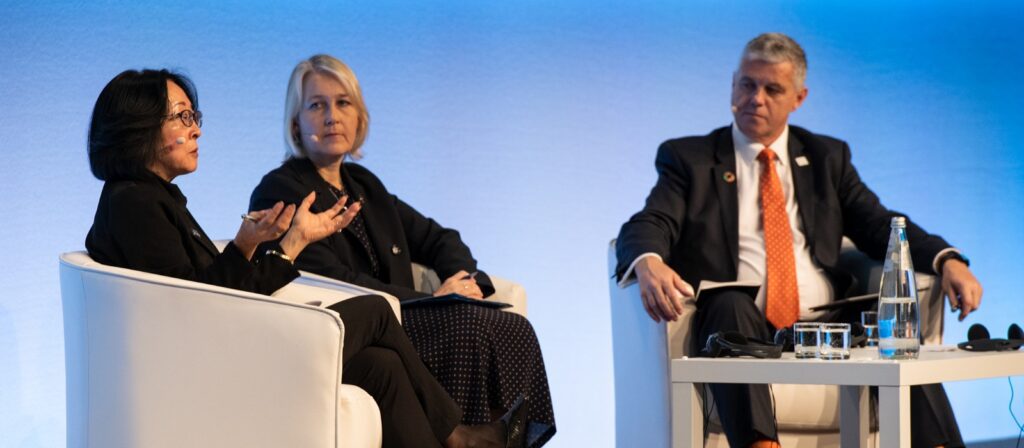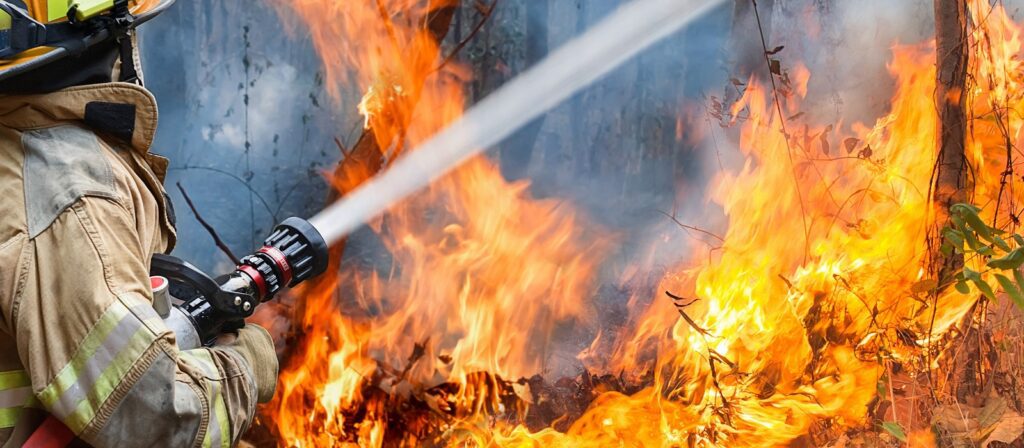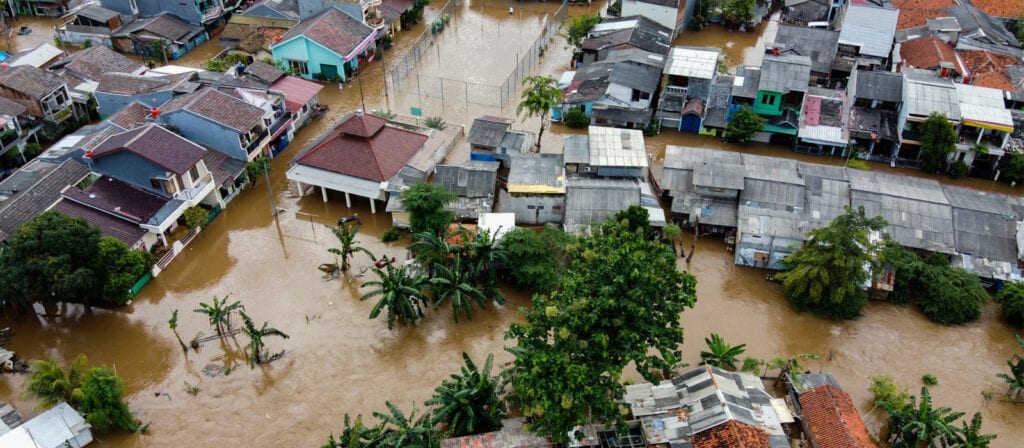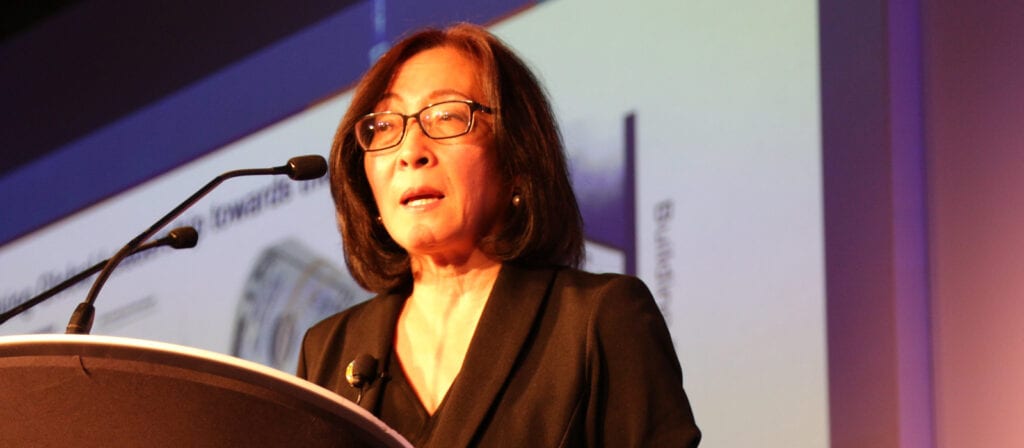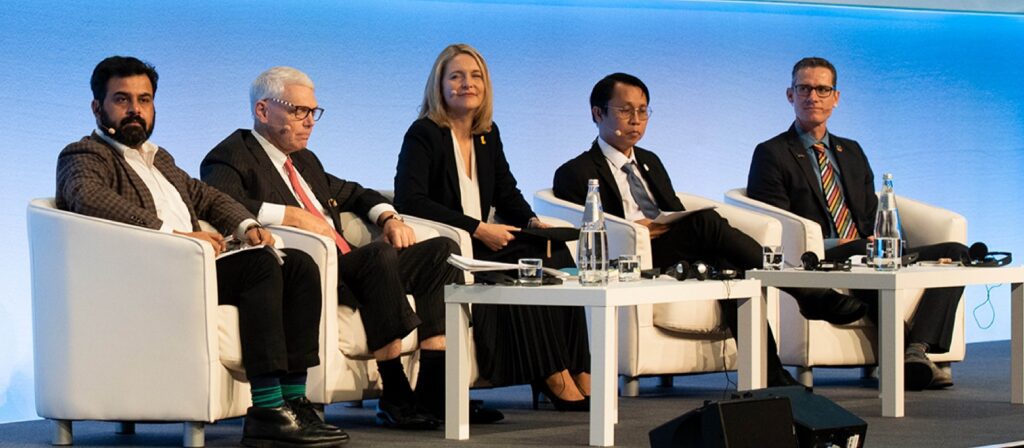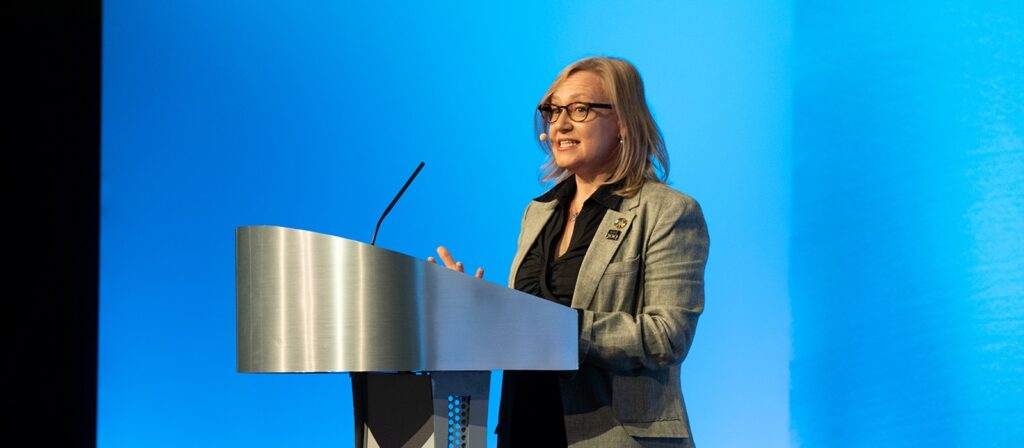The United Nations Office for Disaster Risk Reduction (UNDRR) have partnered with the ICMIF Secretariat and its members since 2019. In recent years conflicts, climate change, COVID-19, and poverty have increased vulnerabilities around the world, particularly developing countries but we are all being impacted by the climate emergency, these risks manifesting in larger and more expensive disasters.
While it is a global phenomenon, not everyone is impacted equally. Those living in Africa, Central and South America, South Asia and small islands in developing nations are 15 times more likely to die from a climate disaster. The UNDRR’s recent Global Assessment Report on disaster risks foresaw a 40% increase in the number of medium to large scale disasters averaging 1.5 disasters every day of the year. A single large disaster can set developing nations back decades and derail a country off its development trajectory.
Insurance is vital to narrowing the protection gap and creating a more resilient world. Working with ICMIF members, the UNDRR has been able to pioneer new tools and methods that can better protect lives and livelihoods such as the seven mechanisms for how cooperative and mutual insurance can support disaster risk reduction, illustrated in the publication From protection to prevention: The role of cooperative and mutual insurance in disaster risk reduction launched in 2020.
Below are six opportunities where the UNDRR and ICMIF members can collaborate further to significantly scale up resilience-building efforts:
- First, exploring new ways to increase funding for disaster risk reduction. ICMIF members delivered remarkably on their pledge to increase climate-smart investments, with more than USD 700 billion USD of their assets aligned to sustainable investment frameworks.
- Second, collaborating to improve disclosure of disaster risk-related information by the private sector. While there has been progress in mainstreaming corporate sustainability and climate disclosures, the same cannot be said for disaster risk disclosures. Disclosures would enable better price risk and reward and incentivise risk reduction.
- Third, promoting the adoption of the Principles of Resilient Infrastructure designed by UNDRR in consultation with the private sector and more than 100 UN member states. These set of principles can guide businesses on the integration of risk reduction and resilience into their construction projects. These principles and related guidelines are being developed as an international standard.
- Fourth, participation in the ongoing Midterm Review Process of the implementation of the Sendai Framework. It is critical that the voices of the cooperative and mutual insurance sector be reflected in the review process, as they work in, with, and for the communities to build their resilience. The outcomes of the review process will shape risk reduction efforts over the next seven years, and set our pathway to achieving the Sendai Framework by 2030.
- Fifth, participate in UNDRR Roundtable Dialogues, which will bring together insurers, government finance officials, insurance regulators and disaster management agencies to identify regulatory barriers and incentives for mutual insurers to invest in disaster prevention.
- Sixth, joining and engaging with the alliance of private sector entities (ARISE) network, which is the committed to disaster risk reduction working with UNDRR.
The cost and scale of disasters are only projected to increase as long as the drivers of risk remain. Insurance and other forms of financial protection play a critical role in supporting disaster recovery, but even more can be gained, and saved through prevention.
The midterm reviews of the UN Sustainable Development Goals (SDGs) and the Sendai Framework will show that we are far from the goals and need to find out what is needed to put us back on track.
All stakeholders have a role and the role of the cooperative and mutual insurance sector is already happening as shown through the seven mechanisms based off member case studies.
Future activities need to be geared towards building resilience and not creating new risk.
